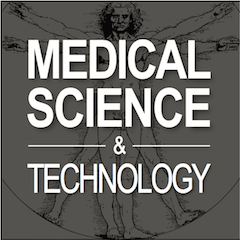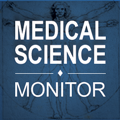Comparative Genomic Hybrydization (CGH): the principles for routine constitutional cytogenetic diagnosis and genetic counseling process
Maria Constantinou, Ewa Zając, Anna Eckersdorf-Mastalerz, Iwona Płowaś, Bogdan Kałużewski
Med Sci Tech 2007; 48(3): RA157-163
ID: 881563
Available online:
Published: 2007-03-20
Introduction: We present 2 years of experience on the usefulness of CGH with the use of the dynamic standard reference intervals defined in our laboratory. CGH technique was employed in the routine studies of 24 patients, including 6 cases with normal karyotype, 5 cases with chromosomal aneuploidy, 8 cases with mosaic marker chromosome and 5 cases with chromosomal translocation. Materials and methods: The CGH was used for definition of standard reference intervals on the basis of an average of 20 control cases. The obtained results were confirmed by FISH or M-FISH. Results: The chromosomal imbalance was detected in 16 of 24 cases. In 3 of 24 cases, CGH technique did not provide any new information. The CGH technique was found to be equally effective as FISH technique in 5 of 24 cases. Additionally, in 21 of 24 cases, chromosomal imbalances determined by use of CGH formed the basis for providing the patient with genetic counseling. Conclusions: In our studies this method was especially useful for clarification of chromosome aberrations and identification of origin of chromosome markers. The presented results confirm the attractiveness of the CGH for these laboratories, which, for economical reasons, are not able to use the microarray CGH. (Clin Exp Med Lett 2007; 48(3): 157-163)
Keywords: CGH, fish, M-FISH, constitutional chromosome abnormalities, Genetic Counseling



